How to Spot High-Quality Used Concrete Pump Trucks? Insider Detection Guide
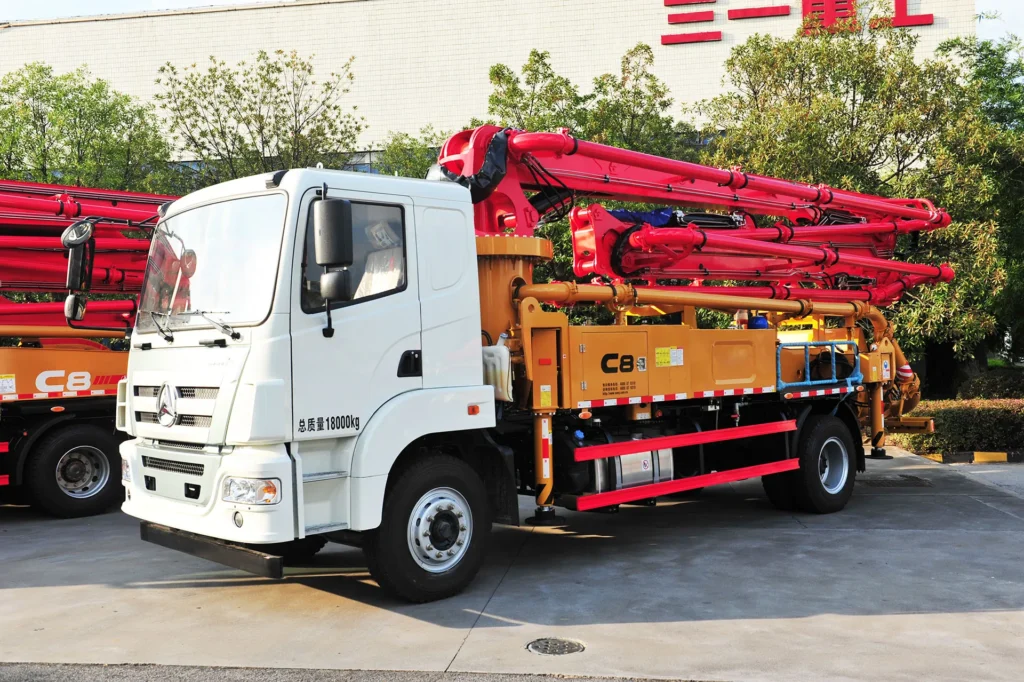
Opening Paragraph Last month, a Kenyan client sent me a video of a rusted 2020 Zoomlion pump truck. He yelled: “Your competitor sold this ‘like-new’ truck!” I showed him our blockchain maintenance logs. Three days later, he ordered six refurbished units from us. Snippet paragraph:Authentic used pump trucks require 7-step verification covering chassis, boom stress, […]
How to Make Your Concrete Pump Truck Last 5+ Years? Maintenance Secrets Revealed

Opening Paragraph Last month, a Saudi client screamed: “Your 2022 Zoomlion pump truck worked 18 months then died! Proof your maintenance claims!” I video-called our Jeddah service center. When he saw 3D scans showing blocked hydraulic filters he neglected, his rage turned into a $380K refurbishment deal. Snippet paragraph:Proper maintenance extends pump truck lifespan by […]
Why Are Global Construction Giants Choosing Chinese Cranes? Market Secrets Revealed
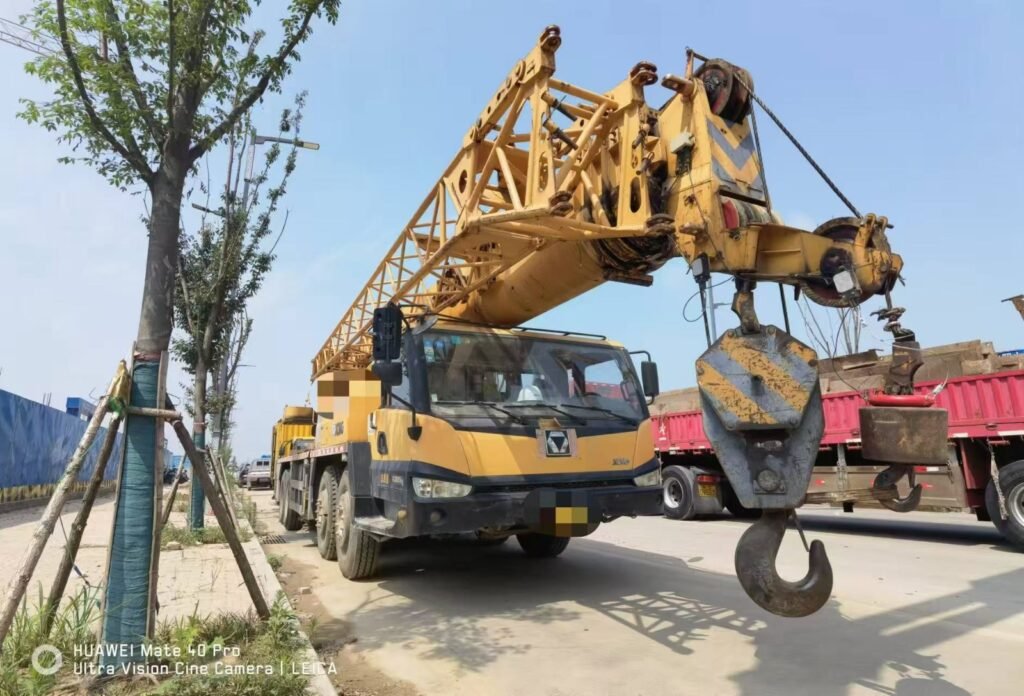
Opening Paragraph Last month, a Saudi client slammed his desk: “Your 2023 Sany SAC2200 costs 240K?Germany’sLiebherrLTM1120is1.2M! Where’s the trick?” I video-called our GPS-tracked testing yard. When he saw laser scans measuring boom stress points, his anger turned into a 9-unit order. Snippet paragraph:Chinese cranes deliver 90-95% performance of Western models at 45-60% cost, with adaptive engineering […]
How to Transport Pump Trucks Overseas Safely & Efficiently? Logistics Secrets Exposed

Opening Paragraph Last month, a Saudi client yelled: “Your 2023 Sany SY5418THB costs 60% less, but how to ship it to Riyadh without damage?” I shared our live container loading video. 48 hours later, he signed a 12-unit deal. Snippet paragraph:China’s pump truck logistics combine modular disassembly, blockchain tracking, and multi-modal routes. We cut transit […]
Why Do Southeast Asian & Middle Eastern Clients Choose Chinese Cranes? Export Market Secrets Revealed

Opening Paragraph Last month, a Saudi client threw a price comparison at me: “Your 2021 XCMG QY100K crane costs 148K?Japan’sKobelcoCKE9000is315K! Where’s the catch?” I video-called our Wuhan refurbishment center. When he saw 3D scanners mapping boom stress points, his suspicion turned into a 12-crane order. Snippet paragraph:Chinese cranes cost 45-65% less than Japanese/Korean models but deliver […]
Why Choose Chinese Used Machinery? Cement Pump Trucks & Cranes’ Secret Advantages
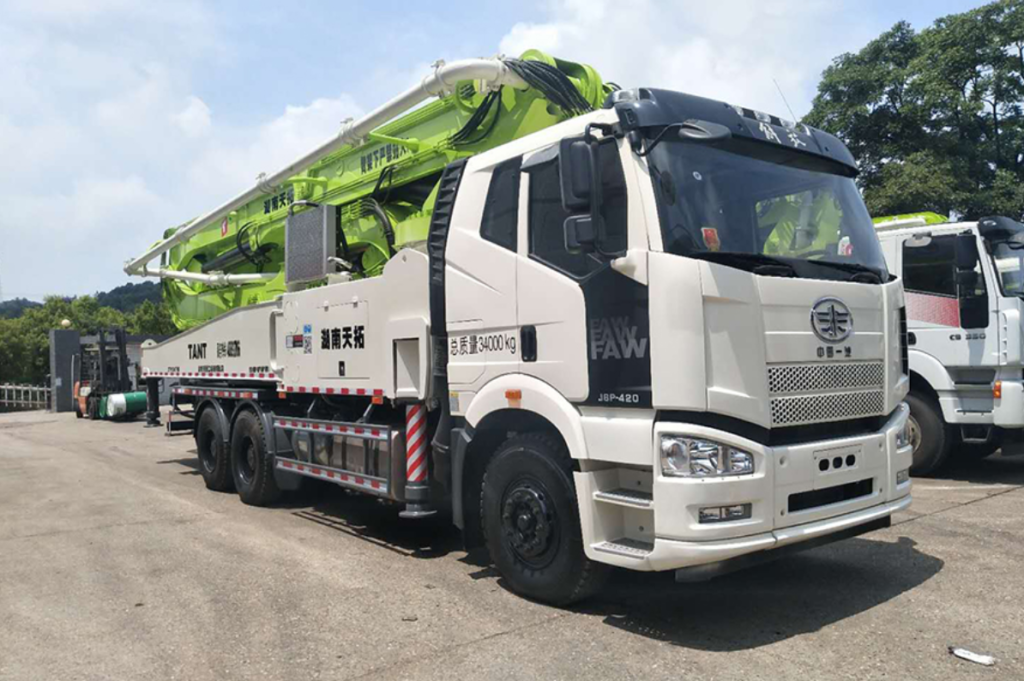
Opening Paragraph Last month, a Nigerian client yelled at me: “Your 2021 Sany SY5418THB 62M pump truck costs 185K?Germany’sPutzmeisterPM62sellsfor420K! Are you selling scrap metal?” I video-called our testing yard. When he saw laser scanners measuring hydraulic cylinder wear, his anger turned into a $327K order. Snippet paragraph:Chinese used machinery costs 50-70% less than new Western models […]
How Does China’s Construction Machinery Reach Global Markets? Logistics Secrets Exposed

Opening Paragraph Last month, a Nigerian contractor demanded: “Your 2023 Sany SY500 excavator is 40% cheaper, but how can it arrive faster than Japanese models?” I showed him our smart logistics dashboard. The answer? China’s supply chain magic. Snippet paragraph:China’s machinery logistics combines cluster manufacturing, blockchain tracking, and multi-modal transport. We cut delivery delays by […]
How to Evaluate China’s Construction Machinery? Price vs. Performance Deep Dive
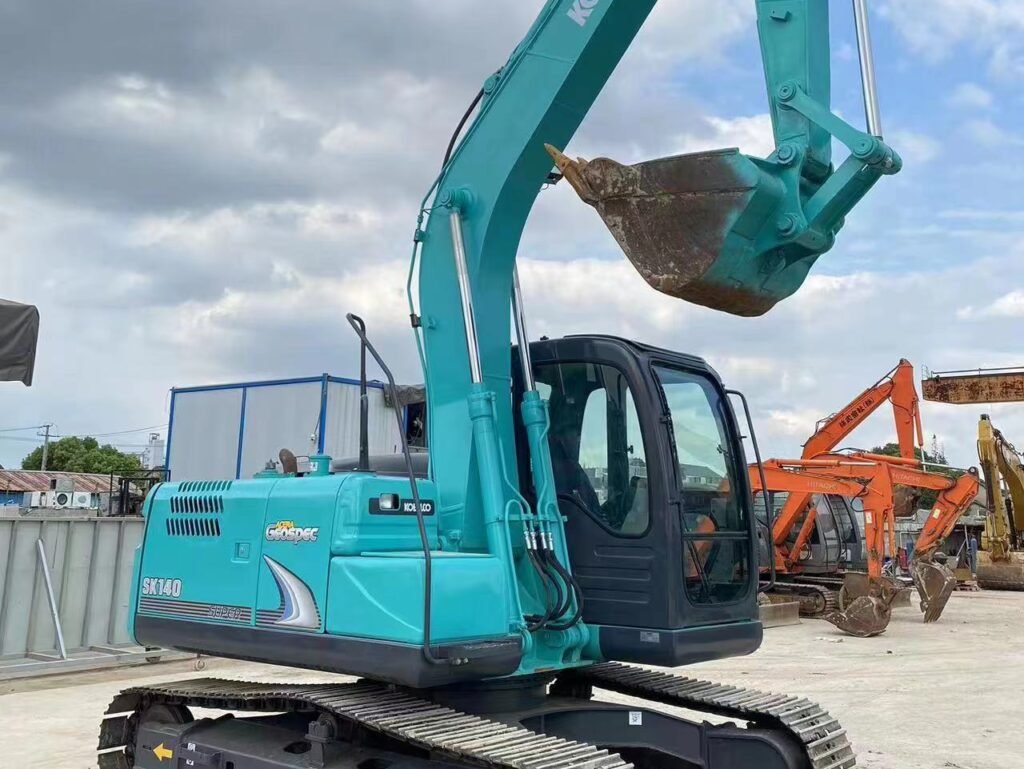
Opening Paragraph Last month, a Kenyan contractor threw a price list at me: “Your 2023 Sany SY365C excavator is 38,000?Germany’sCAT320Dcosts85,000! Are you selling scrap metal?” I video-called our testing lab. When he saw laser scanners measuring cylinder wall thickness, his anger turned to shock. Snippet paragraph:Chinese machinery costs 40-70% less than Western brands but matches 92% […]
How Does China’s Construction Machinery Reach Global Sites Faster? Logistics Secrets Exposed

Opening Paragraph Last month, a Kenyan contractor demanded: “If your 2023 Sany SY500 excavator is 40% cheaper, why does it arrive faster than Japanese models?” I showed him our smart logistics dashboard. The answer? China’s supply chain magic. Snippet paragraph:China’s machinery logistics wins with cluster manufacturing, blockchain tracking, and multi-modal transport. We cut delays by […]
How Does China Achieve Low-Cost, High-Quality Construction Machinery? 5 Insider Secrets Revealed
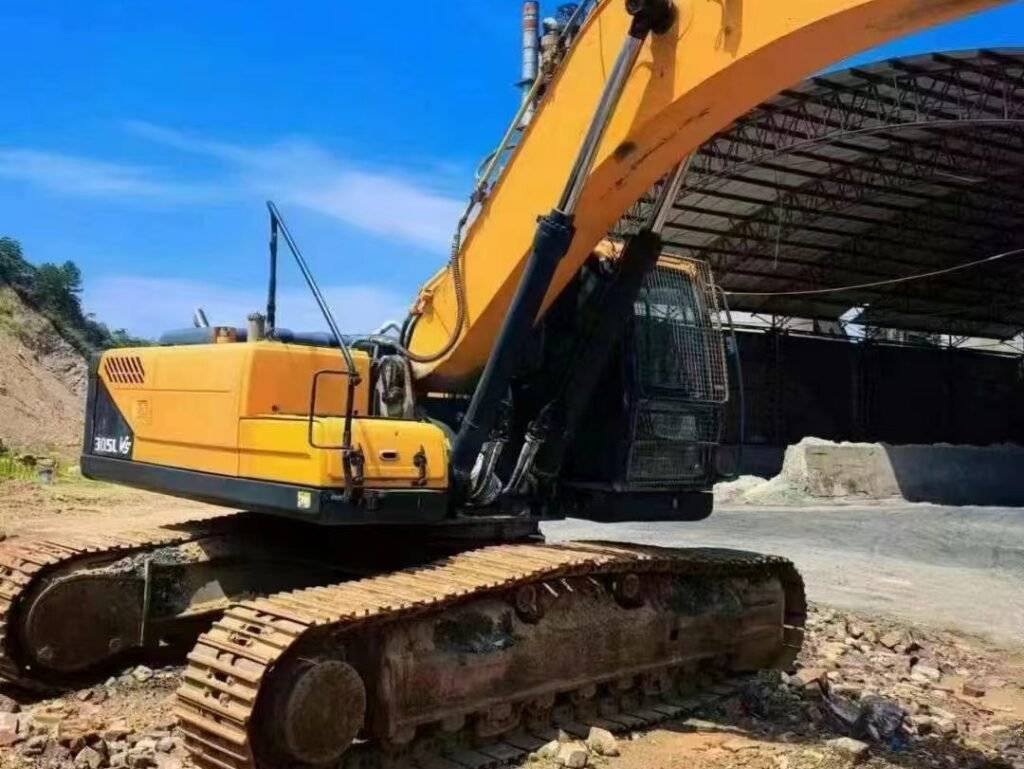
Opening Paragraph Last month, a Nigerian contractor challenged me: “Your 20-ton excavator costs 48,000.TheGermanequivalentis125,000. What’s the catch?” I flew him to our Shandong facility. What he saw—robot welders, blockchain-tracked components, and 24/7 supplier clusters—rewrote his understanding of Chinese engineering. Snippet paragraph:China’s cost advantage stems from hyper-efficient supply chains, government-backed standardization, and aggressive tech adoption—not quality compromises. […]
